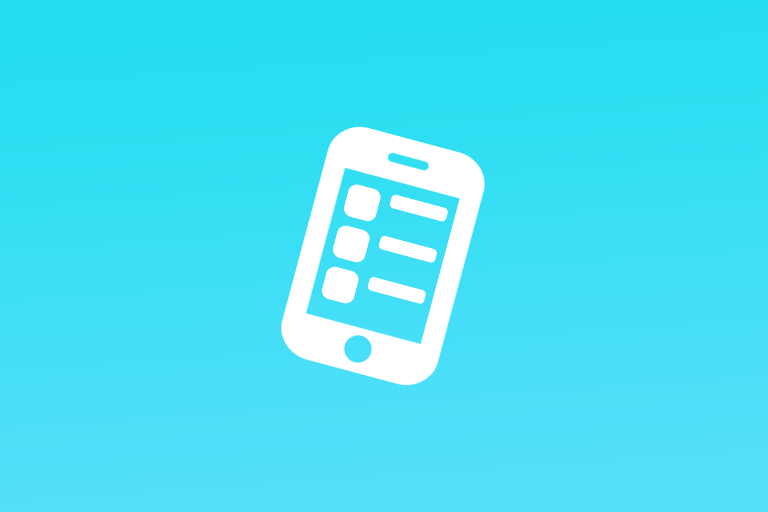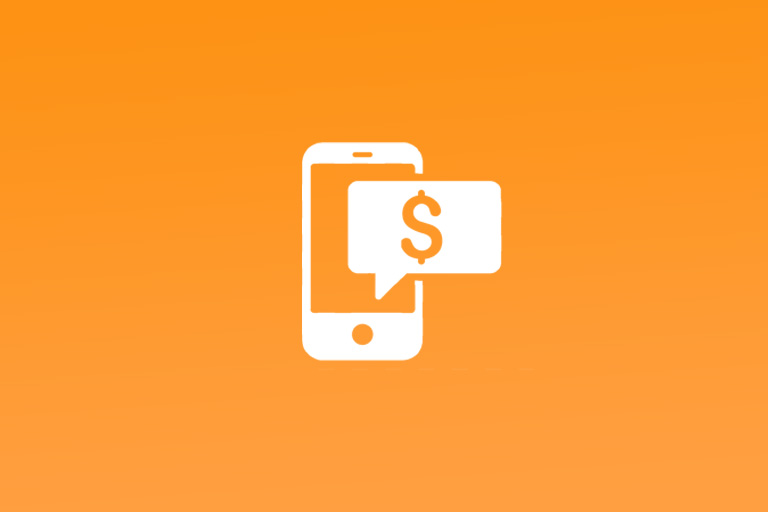Learn the importance of key marketing stages:
1. A comprehensive understanding of the competitive environment:- In the pre-launch phase, learning about market trends and competitors' strategies can help marketers understand the needs and behaviors of their target audience, as well as the dynamics of the competitive environment.
- During the launch phase, a deep understanding of user feedback and market reaction can help optimize marketing strategies and ensure that the app appeals to its target audience at launch.
- In the post-launch phase, continuous learning of market feedback and user behavior data helps to adjust marketing strategies to meet changing market needs and user preferences.
- By learning the key marketing stages, marketers can develop a comprehensive marketing plan, including market positioning, target audience, channel selection, and budget allocation, to ensure that marketing campaigns are targeted and effective throughout the application lifecycle.
- Learning key stages can also help identify key marketing metrics and success criteria in order to assess the effectiveness of marketing campaigns and adjust strategies in time to achieve the best results.
- Understanding the importance of key marketing phases also helps marketers continue to drive user acquisition and engagement throughout the app lifecycle.
- By learning from market feedback and user data, marketers can adapt their marketing strategies to different stages of user needs and reactions to ensure that apps continue to attract and retain users for long-term success.
Pre-Launch Phase
- Market Research and Analysis: The pre-launch phase involves conducting thorough market research to understand the target audience, competitive landscape, and market trends. This information guides positioning strategies and informs the overall marketing approach.
- App Store Optimization (ASO): Optimizing the app store presence through keyword research, compelling visuals, and persuasive copywriting is crucial for improving app visibility, increasing downloads, and driving organic user acquisition upon launch.
- Teaser Campaigns and Pre-Registration: Building anticipation through teaser campaigns, pre-registration initiatives, and sneak peeks can generate early interest, gather user data, and create a buzz around the upcoming app launch.
Launch Phase
- User Acquisition Strategies: Implementing targeted user acquisition strategies, including paid advertising, influencer partnerships, and referral programs, is essential for driving initial app downloads and expanding the user base during the launch phase.
- Public Relations and Media Outreach: Engaging with media outlets, influencers, and relevant publications to secure coverage and reviews can significantly boost app visibility, generate buzz, and drive user acquisition at the time of launch.
- Launch Events and Promotions: Hosting launch events, offering limited-time promotions, and leveraging partnerships can create excitement, drive app downloads, and establish a strong initial user base for the app.
Post-Launch Phase
- User Engagement and Retention: Post-launch efforts focus on user engagement and retention, involving the implementation of strategies such as personalized messaging, in-app notifications, and loyalty programs to foster long-term user relationships and maximize app usage.
- Performance Analysis and Iterative Optimization: Regularly analyzing app performance metrics, user feedback, and conversion data allows for iterative optimization of marketing strategies, user experiences, and app features to drive sustained growth post-launch.
- Community Building and Feedback Integration: Engaging with the user community, gathering feedback, and integrating user suggestions into app updates fosters a sense of ownership and loyalty while driving continuous improvement.
The app marketing process encompasses key stages from pre-launch to post-launch, each requiring strategic planning, execution, and continuous iteration. By understanding and effectively navigating these stages, app developers and marketers can drive sustained app growth, maximize user acquisition, and foster long-term success within the competitive landscape of the app industry. Ultimately, a comprehensive understanding of the app marketing journey is essential for professionals seeking to achieve their app's full potential in the market.







